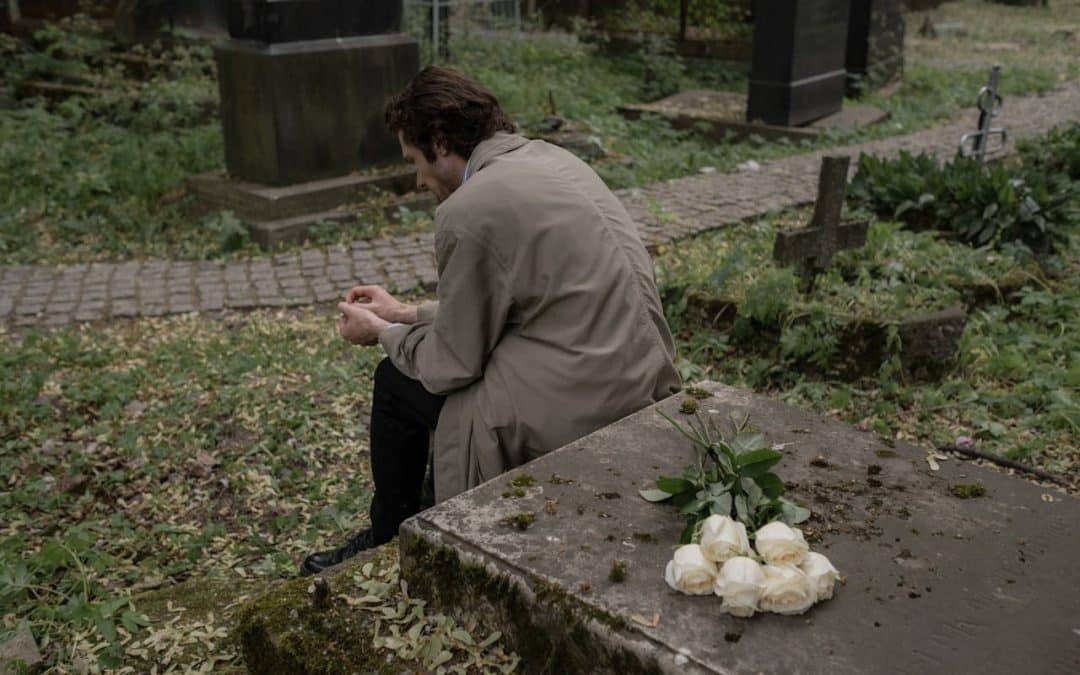Headstones, those solemn markers in cemeteries, often bear silent tributes left by visitors. Among these, coins hold a particular intrigue. You might have seen them – a penny, a nickel, or even a quarter resting on the granite surface. But what do coins on a headstone mean? Why do people put them there? Today, we delve into the history and symbolism behind this unique tradition.
What Do Coins on a Headstone Mean? A History Steeped in Respect
The practice of leaving coins on headstones has roots that stretch back centuries. In ancient civilizations like Rome, soldiers were buried with a coin in their mouth. This symbolic act supposedly paid Charon, the ferryman of the underworld, to transport their souls across the River Styx to the afterlife.
While the reasons have evolved, the core sentiment of respect remains. In the United States, the tradition likely gained traction during the Civil War. Families far from fallen soldiers would leave coins to signify their visit, a silent communication in a time of hardship.
Beyond a Simple Visit: The Language of Coins
The tradition gained significant meaning during the Vietnam War. The political climate of the time made direct contact with families challenging. Leaving a coin offered a discreet way to show respect for a fallen soldier and acknowledge their service.
Over time, a specific meaning developed based on the type of coin left:
- Penny: This signifies a simple visit, a quiet acknowledgement of the deceased.
- Nickel: This indicates a shared experience at boot camp, a bond forged during the most rigorous training period.
- Dime: This suggests a fellow service member who served alongside the deceased.
- Quarter: This carries the heaviest weight. It signifies someone who was present when the soldier passed away.
It’s important to note that this specific meaning system isn’t universally followed. However, it highlights the potential depth of communication behind the simple act of leaving a coin.
What Do Coins on a Headstone Mean? Modern Interpretations: Beyond the Military
While the tradition originated with military burials, it has expanded to encompass civilian headstones as well. Here are some possible interpretations:
- A Token of Respect: Similar to the military context, a coin can be a simple gesture of respect for the departed.
- A Wish for Safe Passage: Some believe leaving a coin grants the deceased safe passage to the afterlife.
- A Symbol of Carrying On: Some cultures view coins as a symbol of wealth and prosperity. Leaving a coin could represent wishing the deceased continued prosperity in the next life.
- A Local Custom: In certain regions, leaving a coin might hold a specific meaning specific to that area.
Respectful Continuation of the Tradition
If you’re considering leaving a coin on a headstone, it’s wise to be mindful of the context. Here are some additional thoughts:
- Military Headstones: If you are unsure, a penny is always an appropriate choice.
- Civilian Headstones: Consider your relationship with the deceased and the meaning you wish to convey.
- Local Customs: If unsure, research any specific regional traditions.
- Respect the Grounds: Don’t disturb flowers or other offerings while leaving a coin.
Ultimately, the act of leaving a coin on a headstone is a personal expression of respect and remembrance. Whether signifying a shared experience, a simple visit, or a heartfelt wish for the deceased’s journey, it’s a tradition steeped in history and quiet communication.
Do you have a story or experience related to coins on headstones? Share it in the comments below!

